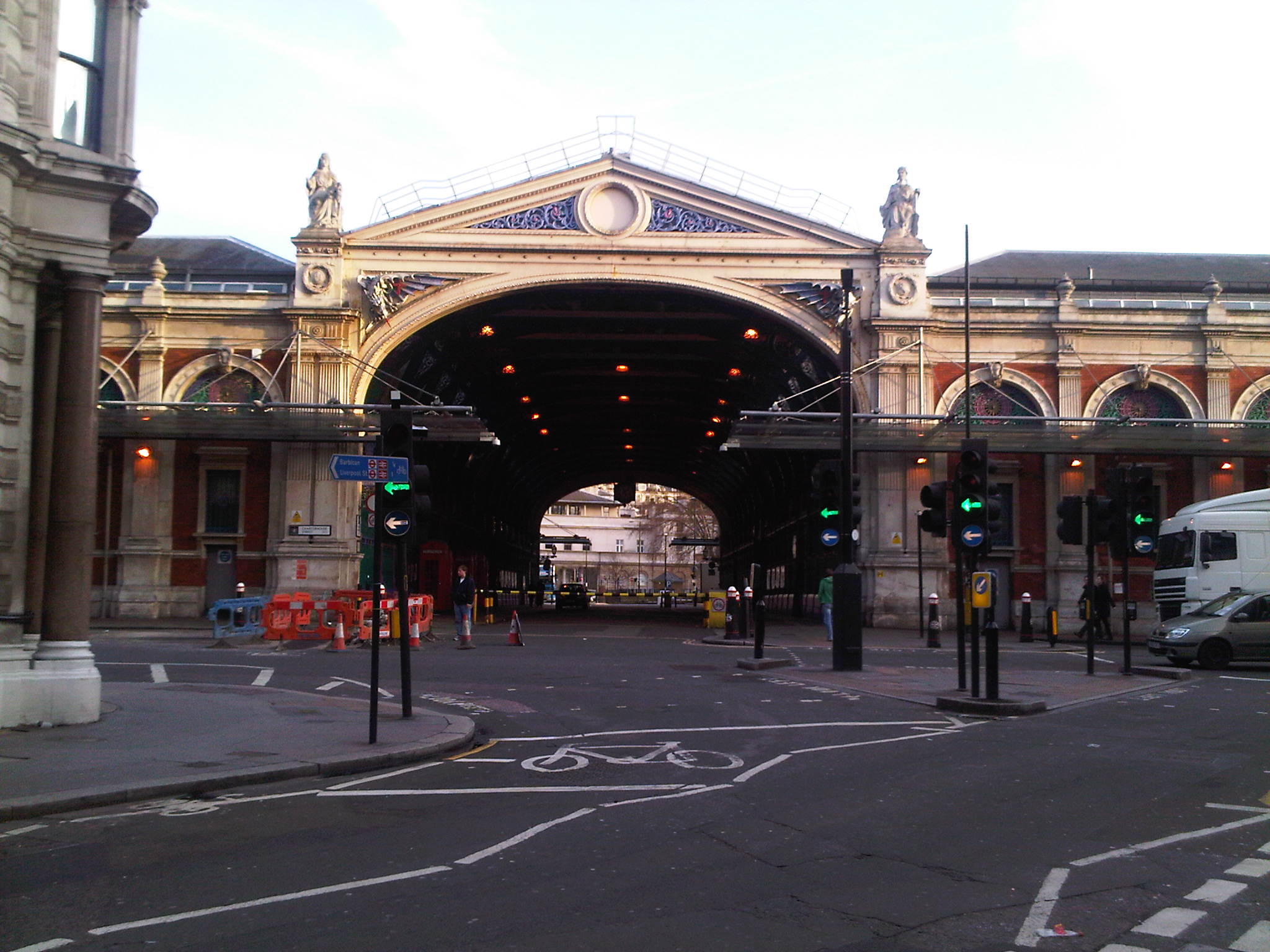Only in Britain or would that apply to Canada?
Department wrongly announced that section of law threatening people with life imprisonment had been repealed
It turns out you can draw a life sentence under a law that forbids anyone from advocating the abolition of the monarchy. It's right there in the Treason Felony Act of 1848. It doesn't matter if you suggest that abolition be effected peacefully or constitutionally. If you put it in writing it's an act of treason and you can be banged up in HMPrison for the rest of your natural life.
The good news is that the Brits have repealed the Vagrancy Act of 1824 under which it was an offence to be an "incorrigible rogue."
Department wrongly announced that section of law threatening people with life imprisonment had been repealed
It turns out you can draw a life sentence under a law that forbids anyone from advocating the abolition of the monarchy. It's right there in the Treason Felony Act of 1848. It doesn't matter if you suggest that abolition be effected peacefully or constitutionally. If you put it in writing it's an act of treason and you can be banged up in HMPrison for the rest of your natural life.
The good news is that the Brits have repealed the Vagrancy Act of 1824 under which it was an offence to be an "incorrigible rogue."










